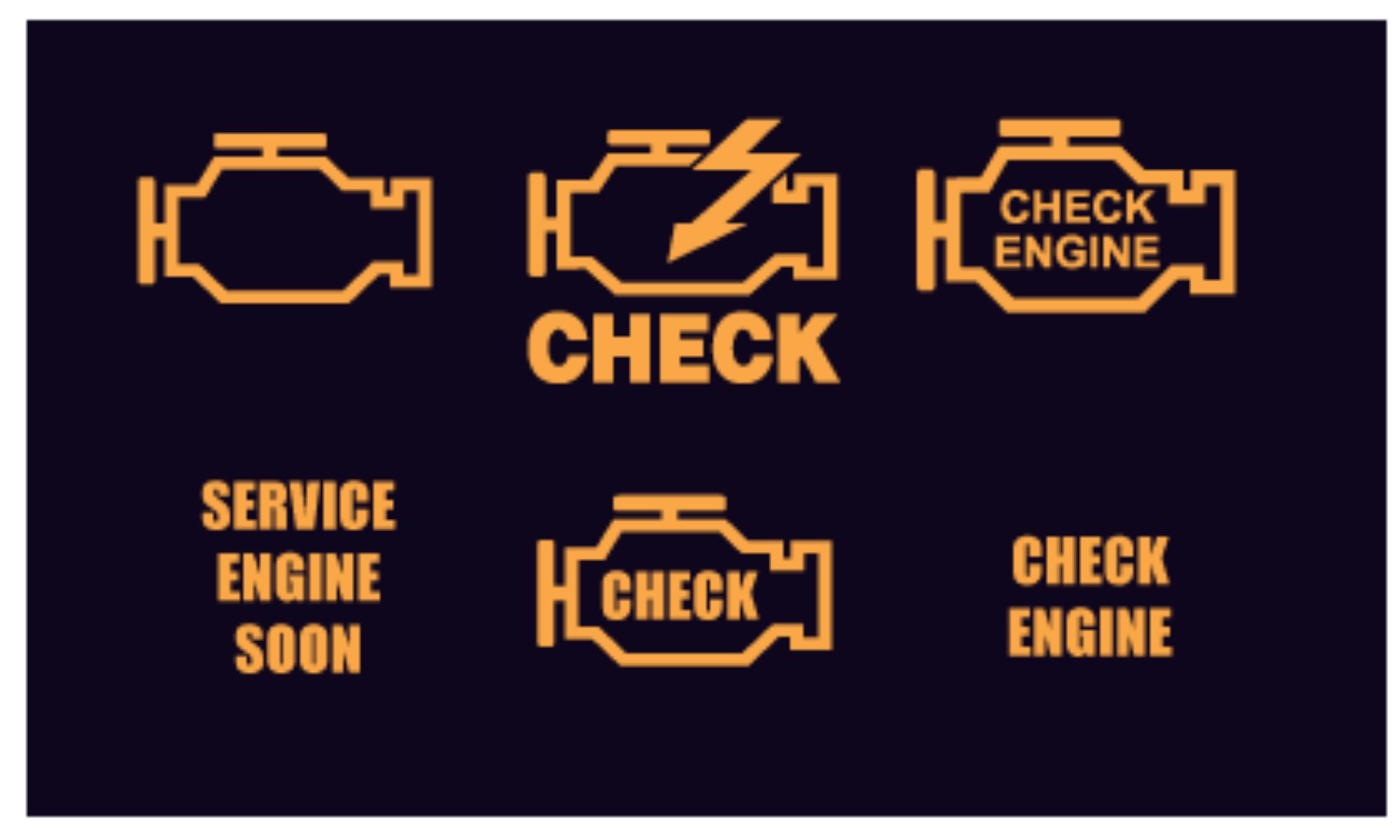Your vehicle’s engine is one of the most important parts of your car. The engine is the heart of it all, composed of various moving parts all working together in unison to power the vehicle down the road.
It’s not difficult to diagnose your engine trouble yourself, you just have to know what to look for and if you’re able to identify these issues early enough, it’s recommended you take your vehicle in for an engine service right away.
SELF DIAGNOSE CHECKLIST
- Check Engine Light: Don’t ignore it! The engine light only illuminates to help you take preventative action and should be respected at all times.
- Leaks: It’s very important that you keep an eye out for spots or stains underneath your vehicle. This could indicate that you have a leak. If you have a large leak, it could mean serious trouble for your engine.
- Unfamiliar Noises: Odd or strange sounds coming from your engine is always a concern. Don’t wait, take immediate action before it leads to a financial headache
- Low Oil Pressure: Pay attention to your dashboard gauges
- Loss of Engine Power
- Misfiring
- Hardstarting
- Overheating: When your engine overheats, it could mean a variety of things, but it’s important to shut your engine off as soon as it begins overheating. You could crack a head and even ruin your engine altogether if you continue to run a overheating engine.
ADDITIONAL ADVICE TO AVOID ENGINE FAILURE
It is recommended that you avoid driving your vehicle through standing water. This could easily flood your engine and create havoc. The intake manifold sends an air-fuel mixture into the engine. In the event that water contaminates this mixture, it could cause the piston rods to bend and seize the engine completely.
Engine service or repairs can be costly so it’s important to take all the precautions you can to increase the life of your vehicle. Frequent oil changes are at the top of the list. Your engine oil lubricates your engine preventing friction which can lead to overheating which in turn can cause complete engine shut down. Engine replacements can cost anywhere from $3,000-$9,500. In comparison, oil changes cost around $40-$60. Flushing your engine cooling system every three years can increase the life of your engine as well. These cost around $100-$150.
The cost of maintenance is far less than the cost of an engine change. Don’t ignore the warning signs of engine failure. Be sure to get your engine service as soon as it shows any of the warning signs. Proper engine service and maintenance could help you avoid costly repairs in the future.
